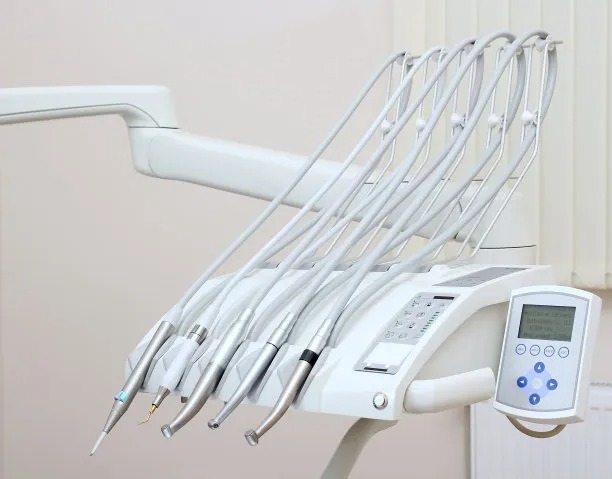Essential Precautions to Consider Before Undergoing Dental Filling Procedures for Optimal Oral Health Care
Summary: This article explores essential precautions that individuals should consider before undergoing dental filling procedures, emphasizing optimal oral health care. Dental fillings are vital for restoring damaged teeth and preventing further decay, but certain factors must be addressed to ensure a successful outcome. The four key areas discussed include understanding the type of filling materials used, the importance of selecting a qualified dental professional, the necessity of proper aftercare, and the need for regular dental check-ups. By considering these factors, patients can enhance their understanding of the dental filling process and promote better oral health management.
1. Understand the Type of Filling Materials Used

One of the primary considerations before undergoing a dental filling procedure is the understanding of filling materials. Dentists usually offer a variety of materials such as amalgam, composite resin, glass ionomer, and dental ceramics. Each type has its pros and cons, which can impact both the aesthetic quality and durability of the filling.
Amalgam fillings, composed of metal alloys, are known for their strength and longevity but are less aesthetic compared to tooth-colored options. On the other hand, composite resins blend well with natural tooth color, providing a more favorable appearance but may require more frequent replacements. Patients should weigh the aesthetic versus functional needs of their specific cases.
Additionally, its important to consider any allergies or sensitivities to certain materials. Discussing these with your dentist can lead to informed decisions that align with your health goals and personal preferences.
2. Choosing a Qualified Dental Professional
Selecting the right dentist is crucial for successful dental filling procedures. Look for professionals with appropriate credentials, experience, and reviews that speak to their expertise in restorative dentistry. Verification of their qualifications and any specialized training related to the filling materials you prefer should be prioritized.
Communication is also vital during this selection process. A good dentist should be willing to address your questions and concerns regarding the procedure, materials, and potential outcomes. Its advisable to schedule consultations beforehand to assess their communication style and their approach to patient care.
Furthermore, consider the dental facilitys environment. A clean, well-organized clinic with advanced technology is indicative of a professional practice that values patient care and safety. This initial assessment can provide peace of mind before undergoing the procedure.
3. Preparing for Aftercare
Proper aftercare following dental filling procedures plays a critical role in maintaining optimal oral health. After the procedure, patients may experience sensitivity or discomfort, which is often temporary. Understanding how to manage these symptoms is essential for a smoother recovery.
It is recommended to avoid extremely hot or cold foods for a few days post-procedure, as this can aggravate sensitivity. Additionally, maintaining good oral hygiene continues to be crucial. Brushing gently and flossing daily helps keep the area clean and reduces the risk of further decay.
Moreover, always attend follow-up appointments as recommended by your dentist. Monitoring your dental health after the filling is essential to address any issues early. This proactive remaining engaged with your dental care can lead to a longer lifespan for your fillings and better overall health.
4. Importance of Regular Dental Check-Ups
Incorporating regular dental check-ups into your routine cannot be overlooked. These visits allow your dentist to assess not only the condition of your fillings but also your overall oral health. Early detection of any potential issues can significantly reduce the need for more extensive treatments down the line.
During these check-ups, dentists can monitor the wear and tear on your fillings and recommend replacements when necessary. They can also provide additional tips tailored to your specific needs, enhancing your preventive dental care regimen.
Regular visits reinforce the relationship between patient and dentist, fostering a collaborative approach in managing oral health. By prioritizing check-ups, patients take an active role in preventing dental problems, leading to a healthier smile.
Summary: In conclusion, understanding the essential precautions before undergoing dental filling procedures can significantly influence your oral health outcomes. By becoming knowledgeable about filling materials, selecting qualified professionals, preparing for aftercare, and committing to regular dental visits, you can ensure a positive experience and maintain your overall dental health. Empower yourself with this information to make informed decisions for your oral care.
This article is compiled by Vickong Dental and the content is for reference only.



